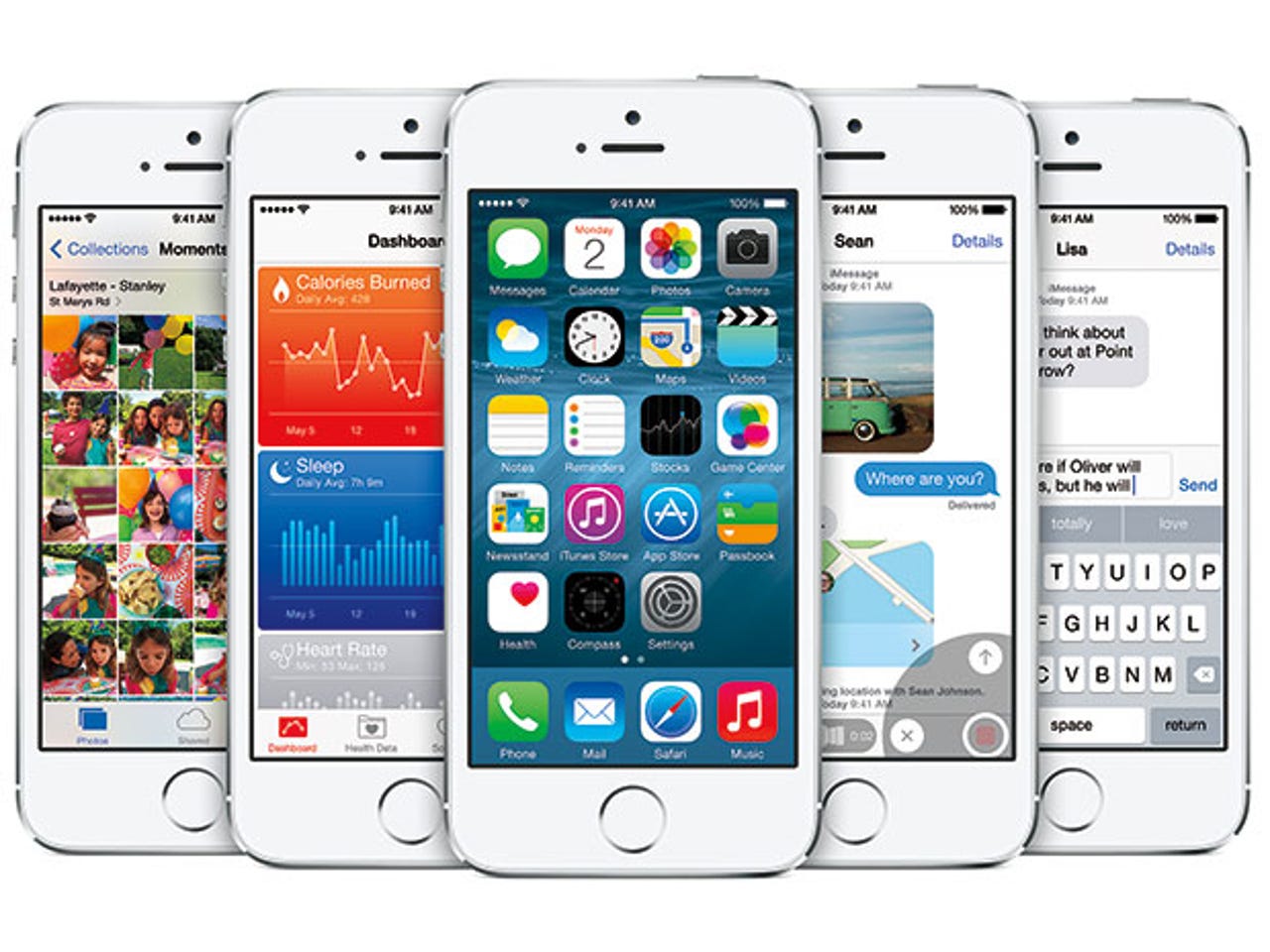Apple Health and Apple HealthKit: What you need to know


What is Apple's Health app?
Health is a new app that arrives with iOS 8. It aims to bring together all the different health measurements generated by wearable devices – such as activity, heart rate and diet – into one place. Think of it as Passbook for your vital signs.
Unveiling the software, Apple's senior vice president of software engineering Craig Federighi said at the company's Worldwide Developers Conference that up to now the information gathered by those apps "has lived in silos" so you can't get a single comprehensive picture of your health situation.
What about HealthKit?
HealthKit is the developer tool that sits underneath Health, allowing their apps to contribute data – for example blood pressure or calorie intake – to create a 'composite profile' of an individual's activity and health. HealthKit can also allow apps to share information – allowing a nutrition app to tell your fitness apps how many calories you consume each day. Apple said Nike is working to integrate HealthKit so that its Nike+ app using Fuelband can incorporate nutrition and sleep information so as to be able to create a more bespoke fitness regime for users.
Apple said readings could also be sent directly to your doctor. Whether your doctor is likely to want to be bombarded with all these reading is quite unclear (you could ask them if you could ever get an appointment).
What does Apple Health is store?
The image of the Health app shown by Apple shows it tracking all the stuff you'd expect – calories, sleep, heart rate, but it also clearly has ambitions beyond just tracking how many steps you've taken, dipping a thermometer into the rather more serious world of healthcare. The dashboard also features Lab results, medications, nutrition, fitness, sleep, and 'vitals'.
Apple is already working with the Mayo Clinic to integrate HealthKit with its app so that a blood pressure reading from an app could be sent to the Mayo Clinic app which could then check whether the reading was normal – and if not, potentially alert a doctor.
Users can also create an emergency card with important health information — such as blood type or allergies — accessible from the iPhone lock screen. This will be accessed from the emergency call screen as seen here.
What's the competition like?
In recent years there's been an explosion in wearable devices like the Fitbit, Nike+ Fuelband and Samsung's Gear Fit each of which measure some types of health related data. But getting these various devices to share and consolidate data is all but impossible; for many health and fitness enthusiasts a single app that can aggregate this data might be attractive.
Also, with an increasingly elderly population in many developed countries, healthcare is big, big business so grabbing even the smallest part of that market through technology is attractive. Samsung recently showcased its Simband which promises more and more accurate readings on various vital signs.
HealthKit: Is the doctor ready to see you now?
But while Samsung and others have jumped right in with hardware and software, right now Apple is taking a much more cautious approach. At least for now; Apple is promising new products later this year and Health and HealthKit potentially pave the way for Apple's own entry into the smartwatch market - some kind of iWatch has been rumoured for years now. (Indeed, such is Apple's influence that that rumours of the iWatch alone have been enough to get every other consumer electronics maker to pre-emptively give smartwatches a go - with underwhelming results.)
Apple Health and HealthKit gives Apple a way of making sure its rivals don't get too far ahead in the consumer fitness and wearables market but also potentially opens up a new and much bigger serious healthcare element too.
The former is much easier to tackle than the latter; taking on Samsung and the other consumer gadgets companies is vastly easier than integrating Apple's most advanced consumer software with the byzantine complexities of hospitals systems and doctors' workflows, which could be the biggest challenge of all.